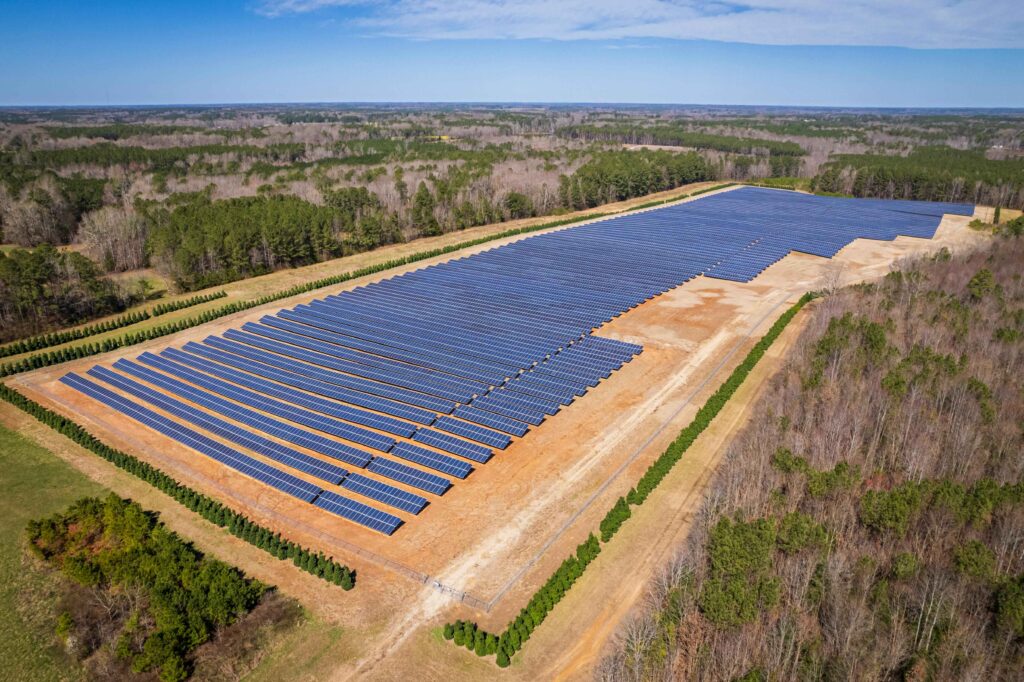The transition to solar energy has become a pivotal step in reducing carbon emissions and cutting electricity costs. With numerous solar companies vying for attention, selecting the right provider can be daunting. This article delves into everything you need to know about solar companies, from the services they offer to key factors to consider when making your choice.
What Do Solar Companies Offer?
Solar energy system design, installation, and maintenance are the areas of expertise for solar companies:
1. Solar Panel Installation
Solar panel installation is the primary service provided by solar companies. This involves assessing your property, designing a system tailored to your energy needs, and installing the panels. A professional installation ensures optimal energy production and system longevity.
2. System Design and Consultation
Reputable solar companies provide detailed consultations and custom system designs. They analyze your energy consumption patterns, roof orientation, and budget to recommend the most efficient solar solutions.
3. Financing and Incentives
Many solar companies offer flexible financing options, such as solar loans, leases, or power purchase agreements (PPAs). They also help customers take advantage of federal tax credits, local incentives, and rebates to reduce installation costs.
4. Maintenance and Monitoring
Post-installation support is crucial for maintaining system efficiency. Solar companies provide maintenance packages and monitoring services, allowing users to track their energy production and ensure the system operates smoothly.
Types of Solar Companies
Solar companies can be divided into three primary categories:
1. Solar Manufacturers
These companies produce solar panels and related equipment. Renowned manufacturers include SunPower, LG, and Panasonic. Choosing high-quality panels is critical for long-term energy savings.
2. Solar Installers
Installers are responsible for bringing the system to life. Local and national installers, such as Tesla Energy and Sunrun, handle on-site installation and system setup.
3. Full-Service Providers
Full-service providers manage everything from system design to installation and maintenance. These companies offer a seamless experience, making them a popular choice for homeowners.
How to Choose the Best Solar Company
Selecting the right solar company involves careful consideration of several factors:
1. Reputation and Reviews
Examine consumer ratings and reviews on websites such as Yelp, Google, and the Better Business Bureau. A company with consistent positive feedback is more likely to deliver quality service.
2. Certifications and Licenses
Ensure the company holds relevant certifications, such as NABCEP (North American Board of Certified Energy Practitioners) accreditation.Licensed contractors follow rules and guidelines set forth by the industry.
3. Warranty and Support
Look for companies offering comprehensive warranties on both equipment and installation. A solid warranty reflects confidence in their products and services.
4. Pricing Transparency
Request detailed quotes from multiple companies. Compare costs, financing options, and projected savings to make an informed decision.
5. Local Expertise
Local solar companies often have better knowledge of regional incentives, climate conditions, and permitting processes.
Top Solar Companies in the Industry

Here’s a look at some of the leading players in the solar market:
1. SunPower
Known for high-efficiency panels, SunPower offers a comprehensive suite of solar solutions. Their innovative technology and strong warranties make them a top choice.
2. Tesla Energy
Tesla’s sleek solar panels and Solar Roof tiles are complemented by the robust Powerwall battery system. Their emphasis on aesthetics and functionality is unmatched.
3. Sunrun
A leader in solar leasing, Sunrun provides flexible financing options and end-to-end services. Their home solar battery solutions enhance energy independence.
4. Vivint Solar
Benefits of Switching to Solar Energy

Making the switch to solar power offers numerous advantages:
1. Reduced Energy Costs
Solar systems allow homeowners to generate their electricity, leading to significant savings on utility bills.
2. Environmental Impact
Solar energy is a clean, renewable source of power. Installing solar panels helps reduce carbon footprints and dependence on fossil fuels.
3. Increased Property Value
Solar-equipped homes frequently fetch higher prices when they are sold. Properties with eco-friendly features and lower energy costs draw in buyers.
4. Energy Independence
Solar panels combined with battery storage systems enable energy independence, protecting against power outages and rising electricity rates.
Solar Incentives and Rebates

Governments and utility companies offer various incentives to make solar adoption more affordable. Key programs include:
- Federal Investment Tax Credit (ITC): Allows homeowners to deduct a percentage of installation costs from federal taxes.
- Net Metering Programs: Enable customers to sell excess electricity back to the grid.
- Local Rebates and Incentives: Many states and municipalities provide additional financial support.
Future Trends in the Solar Industry

The solar industry is evolving rapidly, with trends such as:
- Enhanced Battery Storage: Advances in battery technology are increasing the effectiveness and affordability of solar energy storage.
- Smart Solar Systems: Integration with smart home technology allows users to monitor and control their energy systems remotely.
- Community Solar Projects: Shared solar installations enable individuals without suitable rooftops to benefit from solar power.
Conclusion
The rise of solar energy has created a thriving industry with numerous solar companies offering innovative solutions to meet diverse energy needs. By carefully evaluating factors like reputation, certifications, warranties, and pricing, you can find a provider that aligns with your goals for sustainability and savings. Investing in solar power not only reduces energy costs but also contributes to a cleaner environment and enhances energy independence.
As solar technology continues to advance, the decision to go solar becomes even more compelling. Whether you choose a local installer or a full-service provider, the right partnership will ensure a seamless transition to renewable energy and long-term benefits for your home or business.
How do I choose the best solar company?
Look for companies with positive reviews, industry certifications (e.g., NABCEP), comprehensive warranties, transparent pricing, and local expertise. Comparing multiple quotes can also help identify the best fit for your needs.
Do solar companies offer financing options?
Yes, many solar companies provide financing options like solar loans, leases, or power purchase agreements (PPAs). These options make solar energy accessible without high upfront costs.
Are there maintenance requirements for solar panels?
Solar panels require minimal maintenance. Cleaning the panels a few times a year and scheduling occasional professional inspections can ensure optimal performance.

